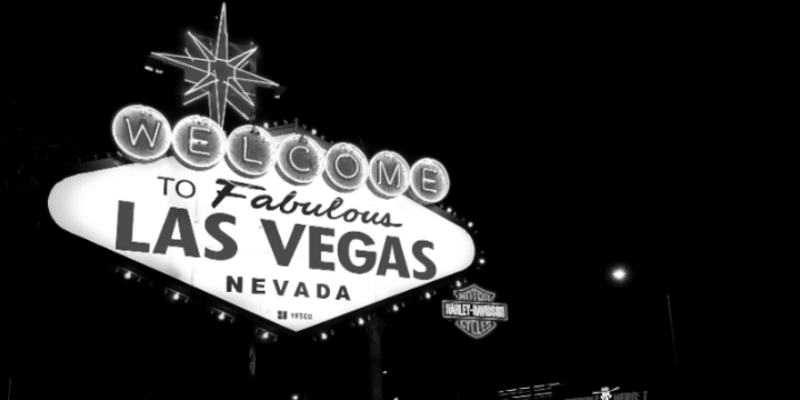In Las Vegas, the culinary and casino workforce just made history with every major casino on the Strip now unionised. New contracts will deliver a 32% wage increase over five years for nearly 60,000 hospitality workers.
It is a monumental labor win in a sector long criticized for stagnant wages and burnout. While this deserves celebration, it also reveals a deeper economic tension:
Despite this and a federal tax break on tips (up to $25,000 exempt), a major win for tipped workers, many staff are reporting take-home income drops of up to 50%.
Why the disconnect?
Because in early 2025, tourism was down 6%.
Less foot traffic means fewer opportunities to earn tips, even with reforms in place.
This example of Las Vegas is just a microcosm of a global challenge:
Labor protections are advancing, and policy is evolving but demand is volatile, and guest volume still drives income for many.
This raises a number of questions for all in the industry:
How can we future-proof hospitality wages when tourism fluctuates?
Should we rethink tipping models altogether?
What role should employers, governments, and unions play in income stability?
Can we afford to wait for “normal” visitor numbers to return?
The path to fairer hospitality work is not just about better pay, it is about building a system that sustains workers through both the highs and the lows.
Sources: AP News and The Wall Street Journal.

